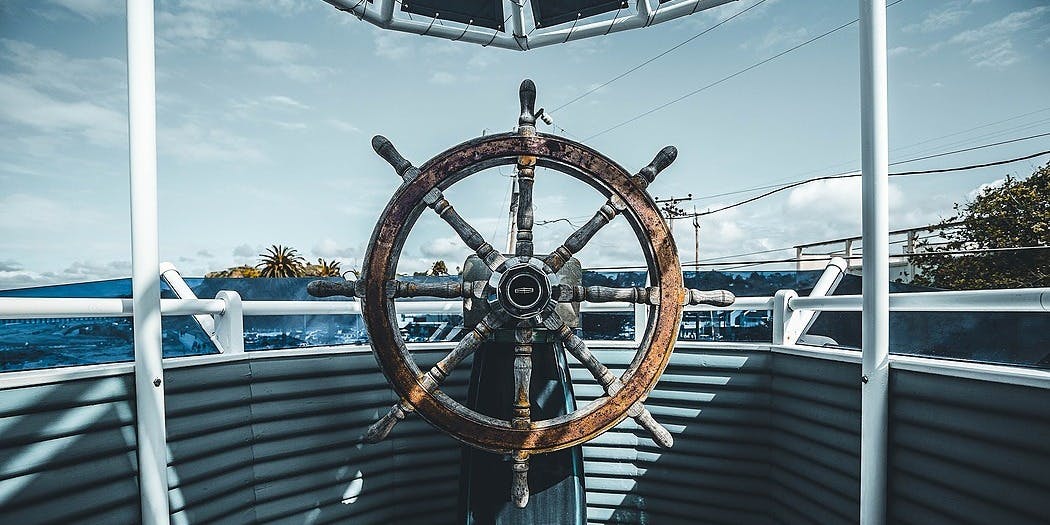1,256 reads
Tail logs from multiple Kubernetes pods the simple way
by
August 10th, 2019
Lead Software Engineer, Technologist, Agile follower. Google Developer Expert Certified Scrum Master
About Author
Lead Software Engineer, Technologist, Agile follower. Google Developer Expert Certified Scrum Master
